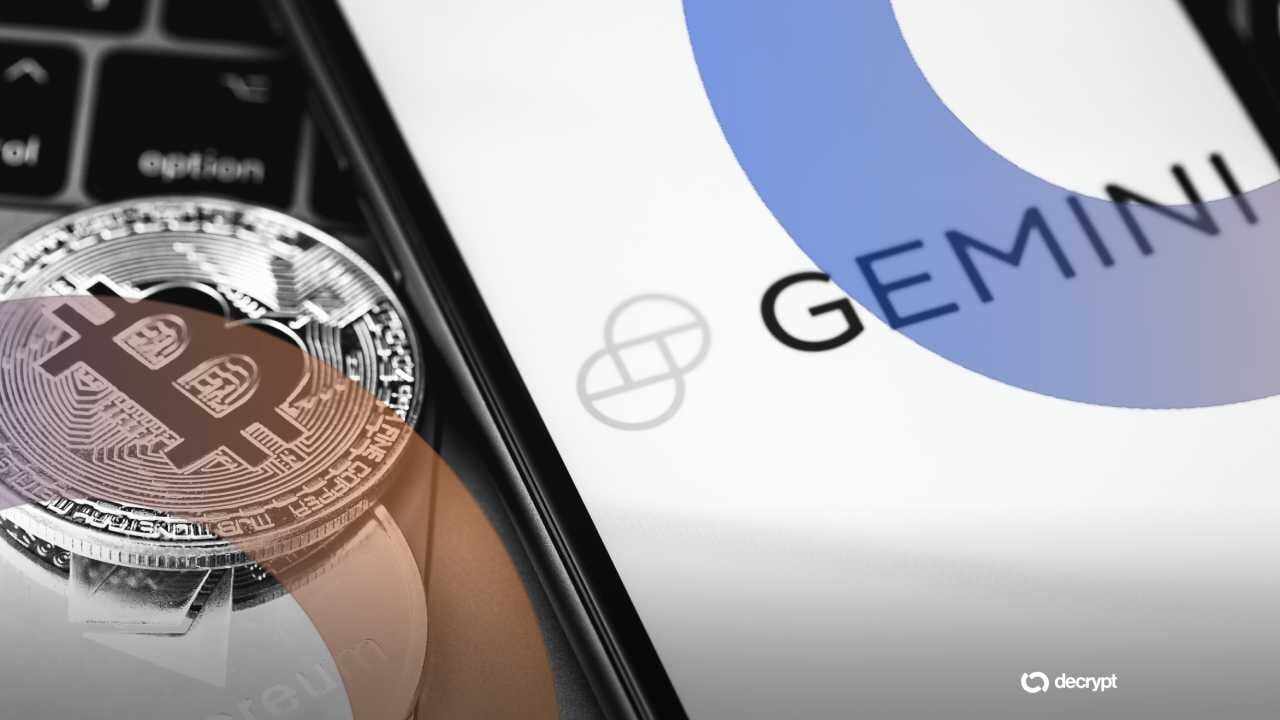Gemini’s Nasdaq Debut: IPO Priced at $28 Per Share as Trading Nears

Gemini storms public markets with $28 IPO price tag—Nasdaq listing goes live today.
THE PRICING PLAY
Setting the bar at $28 per share, Gemini's move signals aggressive market positioning right out of the gate. No cautious discounting here—this is crypto-meets-Wall-Street confidence on full display.
MARKET IMPLICATIONS
Watch institutional money flow as traditional finance gets another on-ramp to digital assets. The listing throws gasoline on the crypto legitimacy narrative—whether that fire warms the sector or burns speculators remains the billion-dollar question.
BOTTOM LINE
Another crypto player joins the big leagues, because nothing says 'mainstream adoption' like begging for SEC approval and quarterly earnings calls. Gemini bets public markets will buy the hype—literally.
Gemini's looming IPO
The exchange, founded in 2014, has long been a high-profile player in digital assets. Its twin co-founders first rose to fame through their legal battle with Mark Zuckerberg over the origins of Facebook, later becoming early Bitcoin evangelists. More recently, they became outspoken backers of Donald Trump in his successful 2024 U.S. presidential campaign.
Gemini remains heavily reliant on trading fees, which made up nearly 70% of its $142.2 million in revenue last year. Despite growth in users, losses have ballooned: a net loss of $158.5 million in 2024, and $282.5 million already in the first half of 2025.
In its IPO filing, the company projected confidence, citing its “focus on innovation and a long history of firsts in the crypto industry” as reason to believe it will expand its base.
That Optimism is tempered by deepening political and regulatory drama. Brian Quintenz, Trump’s nominee to lead the Commodity Futures Trading Commission (CFTC), this week published screenshots of private Signal conversations with the Winklevoss twins.
The regulator sued the company in 2022 for misleading statements tied to its Bitcoin futures products, a case Gemini settled this January for $5 million without admitting wrongdoing.
In the messages, the brothers appeared to question Quintenz's loyalty to their complaints against the regulator, while referencing potential appeals to the president himself.
The WHITE House later withdrew a planned Senate vote on Quintenz’s nomination.

